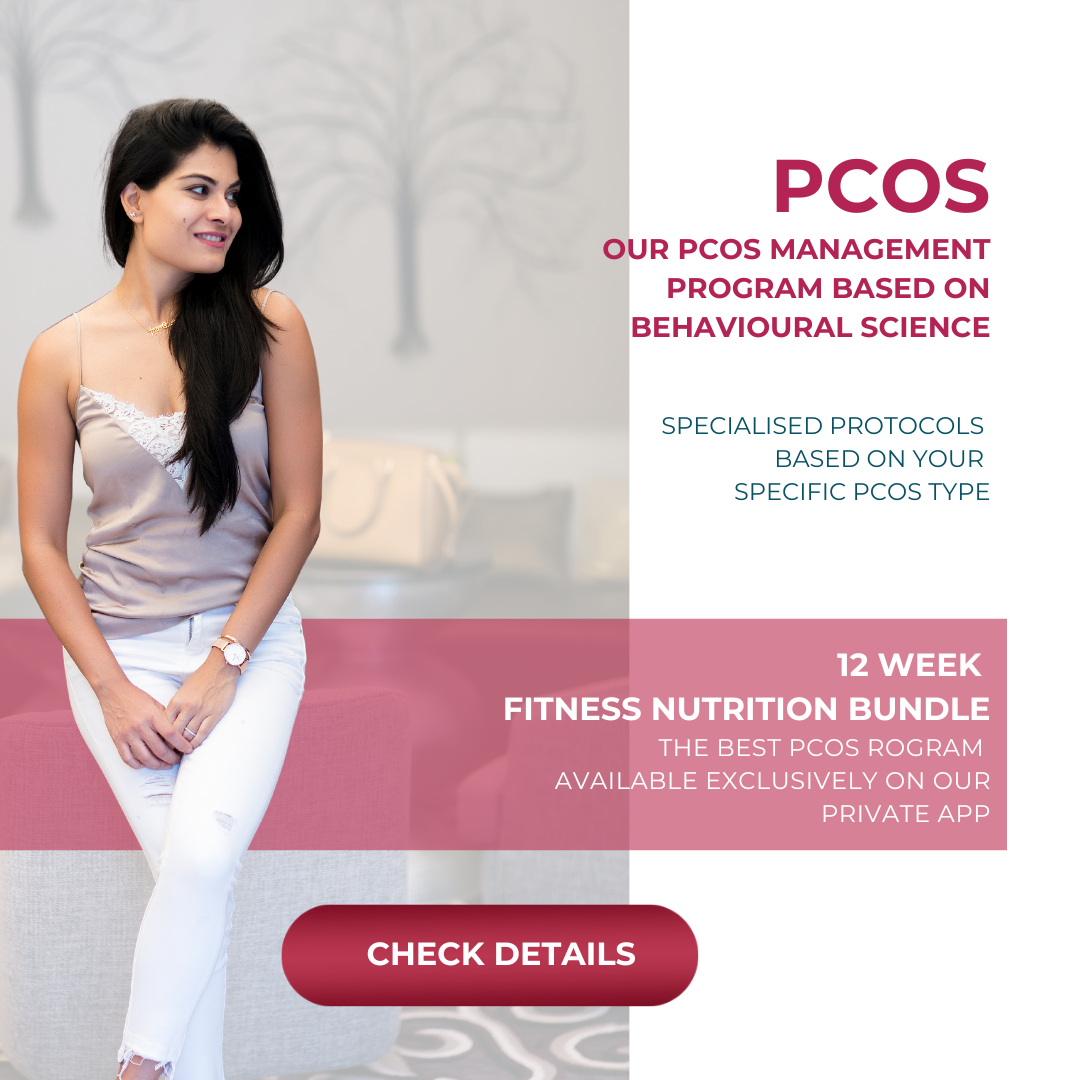Collagen: How to Boost It Naturally for Healthy Hair and Glowing Skin
Collagen is the secret ingredient behind youthful skin, strong hair, and healthy joints. As we age, collagen production naturally declines, leading to wrinkles, sagging skin, and hair thinning. But the good news? Your body can make collagen when it gets the right nutrients! You can naturally boost your collagen levels with the right foods and habits.
Want to understand how to fix your hair or skin issues by finding the root cause? Chat with us on WhatsApp now: Click here to chat.
Why is Collagen Important?
Collagen is the most abundant protein in the body and plays a crucial role in maintaining skin elasticity, hydration, and hair strength. It also supports joint health, gut lining integrity, and even muscle recovery. When collagen levels drop, you may notice signs of aging like fine lines, brittle nails, joint pain, and dull hair. Providing your body with the necessary building blocks ensures optimal collagen production.
Why Food Matters More Than Supplements
While collagen supplements have gained popularity, they are not a magic fix. Your body doesn’t just absorb collagen directly—it breaks it down into amino acids and rebuilds it. This means that simply consuming collagen powder isn’t enough. Instead, focus on providing your body with the nutrients it needs to produce collagen naturally. Whole foods offer these nutrients along with additional vitamins, minerals, and antioxidants that support overall health.
How to Naturally Boost Collagen for Hair and Skin
1. Eat Collagen-Rich and Collagen-Boosting Foods
Your diet plays a major role in collagen production. Here are some must-have foods:
-
Vitamin C-rich foods – Essential for collagen synthesis, Vitamin C helps convert proline into hydroxyproline, a key component of collagen. Some great sources include:
- Try my AMLA Infused water every morning
-
Oranges (1 medium – 70mg Vitamin C)
-
Kiwis (1 medium – 71mg Vitamin C)
-
Bell peppers (1 cup chopped – 152mg Vitamin C)
-
Strawberries (1 cup – 89mg Vitamin C)
-
Guava (1 fruit – 126mg Vitamin C)
-
Pineapple (1 cup – 79mg Vitamin C)
-
Protein sources – Provide amino acids like glycine, proline, and hydroxyproline, which are essential for collagen formation:
-
Eggs (1 large – 6g protein)
-
Chicken breast (100g – 31g protein)
-
Fish (Salmon 100g – 25g protein)
-
Lentils (1 cup cooked – 18g protein)
-
Tofu (100g – 10g protein)
-
-
Bone broth – Naturally rich in collagen, supporting skin and joint health. A cup of homemade bone broth can contain up to 10g of collagen.
-
Leafy greens – Contain chlorophyll, which helps increase collagen production:
-
Spinach (1 cup cooked – 6.4mg chlorophyll)
-
Kale (1 cup cooked – 8.7mg chlorophyll)
-
Parsley (1 cup – 19mg chlorophyll)
-
-
Nuts and seeds – Packed with zinc and copper, which aid collagen formation You can also add my SUPER SEED MIX every morning :
-
Almonds (28g – 1mg zinc)
-
Chia seeds (2 tbsp – 1mg zinc)
-
Pumpkin seeds (28g – 2.2mg zinc)
-
Cashews (28g – 1.6mg zinc)
-
2. Consume Omega-3 Fatty Acids
Healthy fats help maintain skin hydration and elasticity. If you don't eat fatty fish, i do recommend a supplement. start by Including :
-
Salmon (100g – 2.2g omega-3s)
-
Mackerel (100g – 4.1g omega-3s)
-
Chia seeds (1 tbsp – 2.5g omega-3s)
-
Walnuts (28g – 2.6g omega-3s)
-
Flaxseeds (1 tbsp – 2.3g omega-3s)
3. Avoid Sugar and Processed Foods
Excess sugar damages collagen and accelerates skin aging by causing glycation, a process that weakens collagen fibers. Cut down on sugary drinks, processed snacks, and refined carbs.
4. Stay Hydrated
Water keeps skin plump and supports collagen function. Aim for at least 3 lts per day. Try my AMLA Infused water for the next week
5. Prioritize Vitamin A & E
These vitamins help repair skin and maintain collagen production:
-
Vitamin A (Supports skin cell production):
-
Carrots (1 medium – 835mcg Vitamin A)
-
Sweet potatoes (1 medium – 1096mcg Vitamin A)
-
Eggs (1 large – 98mcg Vitamin A)
-
Liver (100g – 6500mcg Vitamin A)
-
-
Vitamin E (Protects against oxidative stress, preventing collagen breakdown):
-
Almonds (28g – 7.3mg Vitamin E)
-
Sunflower seeds (28g – 7.4mg Vitamin E)
-
Avocado (1 medium – 4.2mg Vitamin E)
-
Spinach (1 cup cooked – 3.7mg Vitamin E)
-
6. Collagen Supplements: What to Look For
If you struggle to get enough collagen through diet, supplements can help. There are different types:
-
Hydrolyzed collagen peptides – Easily absorbed, best for skin and joints.
-
Marine collagen – Derived from fish, great for anti-aging benefits.
-
Gelatin – Less processed, useful for cooking but harder to absorb.
-
Vegan collagen boosters – Contain plant-based amino acids, but do not directly provide collagen.
When choosing a supplement, look for hydrolyzed collagen with Vitamin C and hyaluronic acid for better absorption. A daily dose of 2.5-10g has been shown to improve skin elasticity and hydration. However, whole foods should always be your first choice!
Need help choosing the right option? Set up a call with us to get personalized recommendations. Chat with us now.
Final Thoughts
Boosting collagen naturally doesn’t require expensive treatments or powders! Your body has the ability to make collagen when given the right nutrients. By prioritizing a nutrient-rich diet, protecting your skin, and maintaining a healthy lifestyle, you can keep your hair strong and your skin glowing. Start making these small changes today, and your future self will thank you!
Need expert guidance? Chat with a nutritionist now to find the root cause of your hair or skin concerns! Click here to chat.

